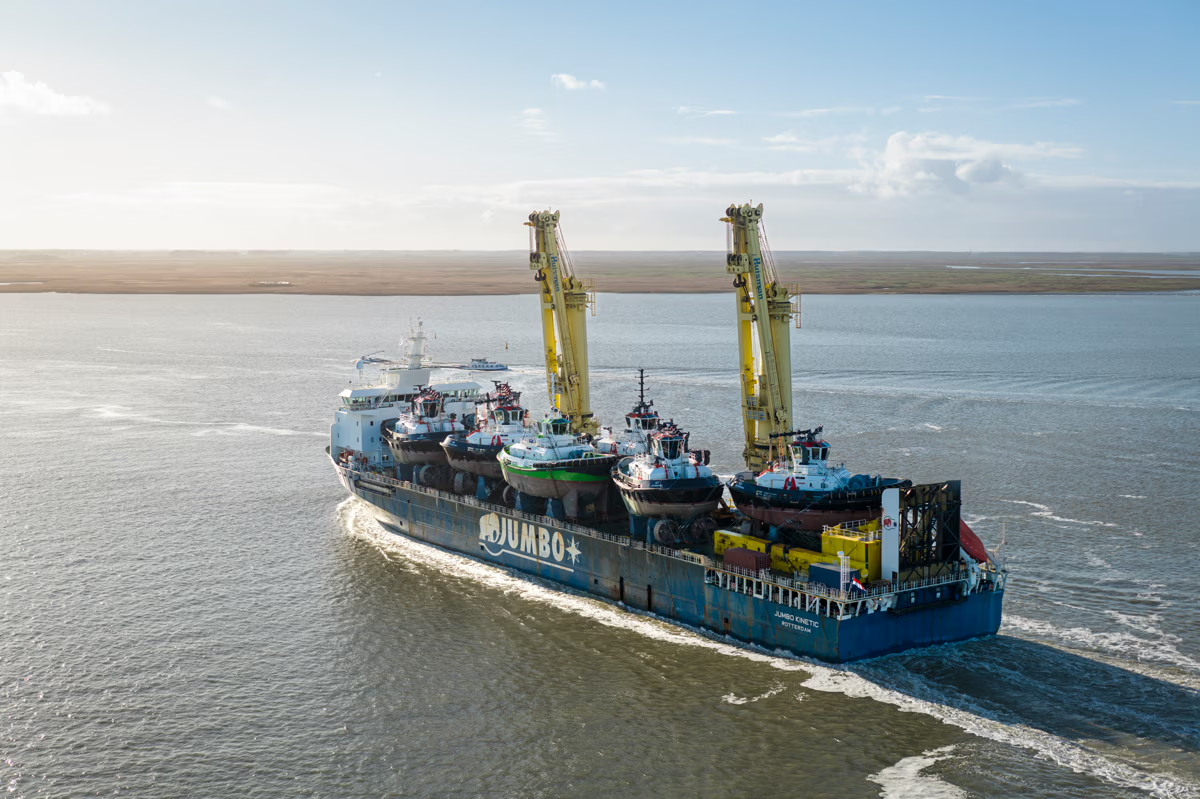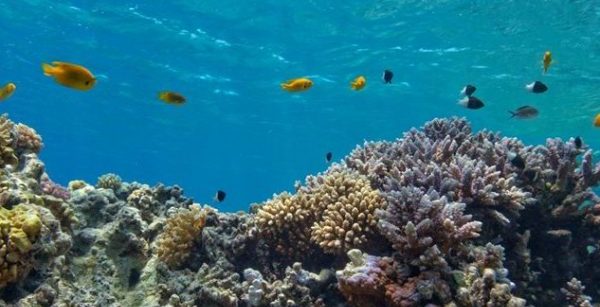According to a recent study published in the journal Science, a team of researchers found out that the vast amount of plastic that is currently on the oceans, is directly linked to outbreaks of disease in the coral reefs.
The study team estimated that approximately 11.1 billion plastic items are entangled on coral reefs across the Asia-Pacific region; a number that is expected to increase as well, to 40% until 2025. Plastic waste management is critical for reducing diseases that threaten ecosystem health and human livelihoods.
The team studied how plastic affects the risk of disease in 124,000 reef-building corals from 159 reefs in the Asia-Pacific region, They found out that, the possibility for a coral reef to present some sort of diseases increases to 89% when it contacts plastic. On the other had, the coral reefs that do not encounter plastic have only a 4% possibility of disease.
Furthermore, more complex corals are 8 times more likely to experience the impacts of plastic. Specifically, the more spikey the coral reef, the more likely to get entagled with plastic, with the disease likelihood increasing 20 times, once it gets caught to plastic. This happens because plastic causes light deprivation, releases toxin release, and anoxia, creating with that way an environment for diseases to be developed, the research team informed.
Moreover, microhabitats for reef-associated organisms are possible to be affected disproportionately. Thus, the team says that plastic can promote microbial colonization by pathogens, which can cause disease outbreaks in the ocean and that this amount of plastic levels on the oceans, affecting coral reefs, shows a bad management of plastic waste that enters the oceans.
Co-author of the study Joleah B. Lamb and the rest of the team highlighted the importance of coral reefs, saying that the reefs are the defence for many marine ecosystems and they need to be protected.
You can see more information about the study, by clicking the PDF herebelow




























































